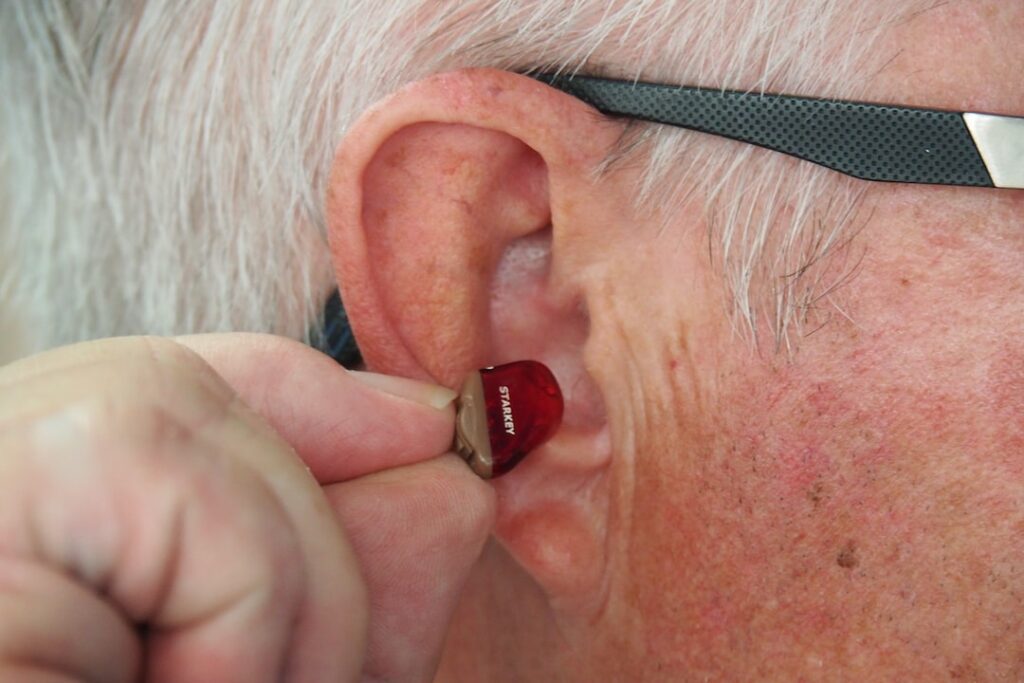How to Spot and Treat Ear Infections in Pet Rats
Pet rats are intelligent, sociable, and loving creatures, making them wonderful companions. However, just like any other pet, they can suffer from health issues. One common problem that pet rat owners may encounter is ear infections. In this blog post, we will explore how to spot the signs of ear infections in pet rats and how to treat them with care and compassion.
Understanding Ear Infections in Pet Rats
Ear infections in pet rats are more common than you might think. According to surprising statistics, it is estimated that up to 7% of pet rats may experience some form of ear infection in their lifetime. These infections can be caused by bacteria, parasites, or even fungal overgrowth, and they can lead to discomfort and pain for the rat if left untreated.
Signs of Ear Infections
1. Head Tilting: If you notice your pet rat tilting its head to one side consistently, it could be a sign of an ear infection.
2. Scratching or Rubbing: Excessive scratching or rubbing of the ears or head can indicate discomfort.
3. Discharge: Look for any discharge or crustiness around the ears.
4. Behavioral Changes: If your rat becomes quieter, less active, or more irritable, it may be a sign of an underlying health issue, including an ear infection.
Seeking Veterinary Care
If you suspect your pet rat has an ear infection, it is crucial to seek veterinary care as soon as possible. A qualified exotic animal vet will be able to examine your rat thoroughly and provide the necessary treatment. They may perform diagnostic tests, such as ear swabs or cultures, to identify the specific cause of the infection and prescribe appropriate medication.
How to Treat Ear Infections at Home
Apart from seeking professional veterinary care, there are steps you can take at home to provide comfort to your pet rat and aid in their recovery.
Creating a Comfortable Environment
1. Clean Bedding: Ensure that your rat’s cage has clean and dry bedding to prevent further irritation.
2. Warmth: Keep the environment warm, as rats with ear infections may benefit from a slightly elevated temperature.
Administering Medication
1. Oral Medication: Your vet may prescribe oral antibiotics or antifungal medication. Make sure to follow the vet’s instructions for dosage and duration.
2. Ear Drops: If your vet recommends ear drops, follow their guidelines for application carefully.
Providing Support and Comfort
1. Gentle Handling: Be extra gentle when handling your pet rat during this time, as they may be more sensitive or irritable due to the infection.
2. Quiet Environment: Keep noise levels low around the rat’s living area to reduce stress.
Preventing Ear Infections
Prevention is always better than cure, and there are steps you can take to reduce the risk of ear infections in your pet rat.
1. Regular Cleaning: Keep your rat’s living space clean and free from excess moisture, which can contribute to bacterial or fungal growth.
2. Balanced Diet: Ensure your rat has a balanced diet to support overall health and immunity.
3. Routine Check-ups: Schedule regular check-ups with an exotic animal vet to detect any health issues early on.
Applying the Knowledge in Daily Life
Now that you have a better understanding of ear infections in pet rats, you can apply this knowledge to provide the best care for your furry friend. Keep an eye on their behavior and physical well-being, and always be proactive in seeking veterinary care if you suspect any health issues.
How to Apply the Knowledge
1. Observation: Spend time observing your pet rat daily to notice any changes in behavior or physical symptoms.
2. Vet Relationship: Build a good relationship with an exotic animal vet in your area to have a trusted professional to turn to when needed.
3. Education: Share this information with other pet rat owners to raise awareness about the importance of recognizing and treating ear infections in rats.
In Conclusion
Ear infections can be uncomfortable and distressing for pet rats, but with prompt veterinary care and attentive home treatment, they can recover effectively. By familiarizing yourself with the signs of ear infections, seeking veterinary care when needed, and taking preventive measures, you can ensure that your pet rat enjoys a happy and healthy life by your side.












